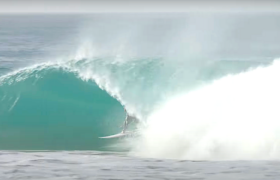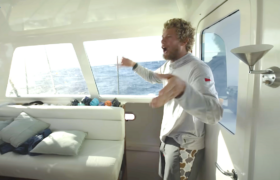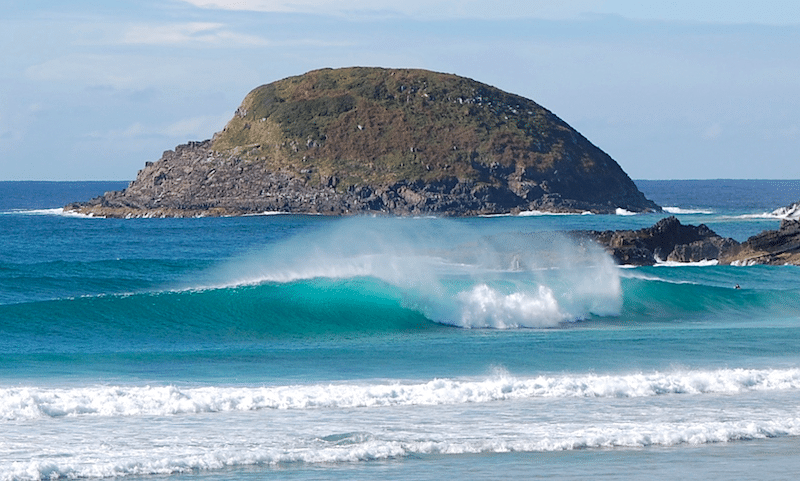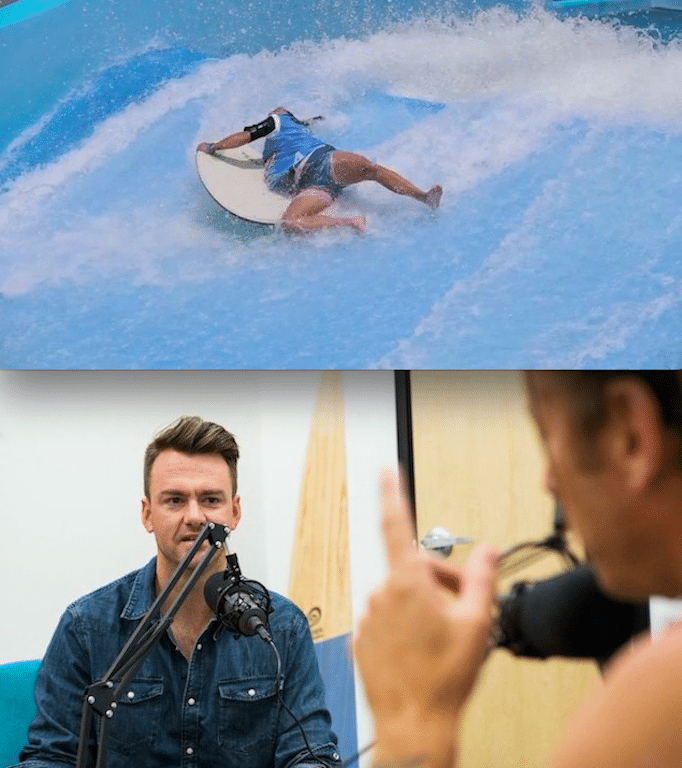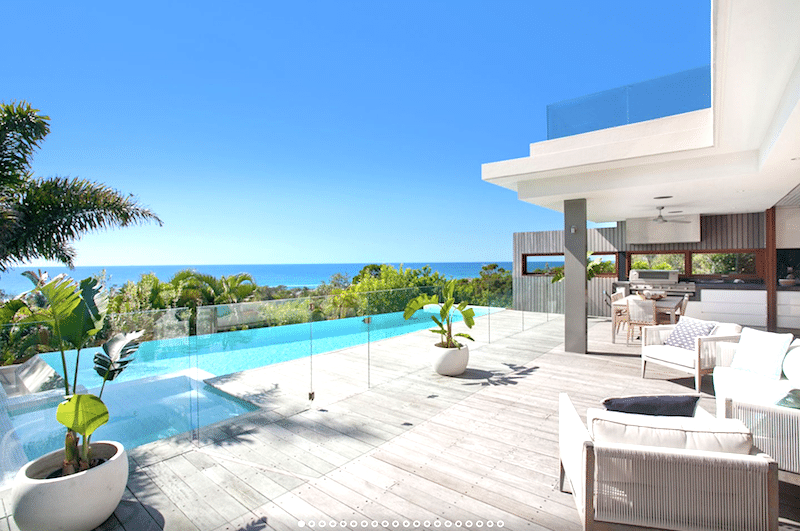It's a new day in Florida!
You’ll be happy to know that, last night, Orlando’s finest did not descend upon the palatial estate I am lucky to be sharing with Matt Warshaw and David Lee Scales.
They did not rouse me from slumber and drag me down to the station, unkempt and red-eye’d, for questioning in regards to a charge of violent physical assault and/or emotional distress from one A. Goggans.
I’m not out of the woods yet, though. It took the Orange County (California) sheriff’s department a good three weeks to call and inform me that Ashton Goggans wanted to bring the full weight of the law down upon me after I leapt across a reclaimed wood coffee table in his general direction.
It’s delicious irony, I suppose, that Orlando is also in an Orange County.
Well, I’ll be ready for a stern knock on the door or phalanx of men in blue visiting the Orange County Convention Center for day two of Surf Expo where I will be giving an important talk on media alongside David Lee.
And speaking of the full weight of the law plus Florida, did you know there are beaches here where surfing is outlawed? It’s true but a recent ruling suggests that those bans are illegal and let’s turn to the South Florida Sun Sentinel for more.
Surfers who dare to catch waves off Hallandale Beach are breaking a town law that bans the sport.
But the ban itself may be illegal, experts say.
A landmark ruling handed down 48 years ago prohibits cities from outlawing surfing.
“That could be taken to court,” said Tom Warnke, executive director of the Surfing Florida Museum in West Palm Beach. “The [Florida] Supreme Court ruled you could regulate it, but you can’t ban it.”
Hallandale’s ban has been on the books for at least a decade.
Back in 1964, the town of Palm Beach banned surfing. Soon Riviera Beach and Palm Beach Shores outlawed the sport too.
The Florida Supreme Court struck down those bans in 1970, citing them as arbitrary and unreasonable.
Bob Jarvis, a law professor at Nova Southeastern University, says the legal precedent regarding a ban on surfing is clear.
“A city can ban surfing in an area where it might be dangerous because of rocks or ships coming out or where they might be colliding with swimmers,” Jarvis said. “But you can’t do a blanket ban.”
Jarvis said Hallandale is likely not the only city to run afoul of a landmark case.
“This happens all the time,” he said. “Think of how many ordinances a town has. And a lot of ordinances are on the books and never get enforced.”
Hallandale Beach has not cited anyone for violating its ban, city officials say. And if the lifeguard gives them a verbal warning, most people comply.
Let freedom ring.
